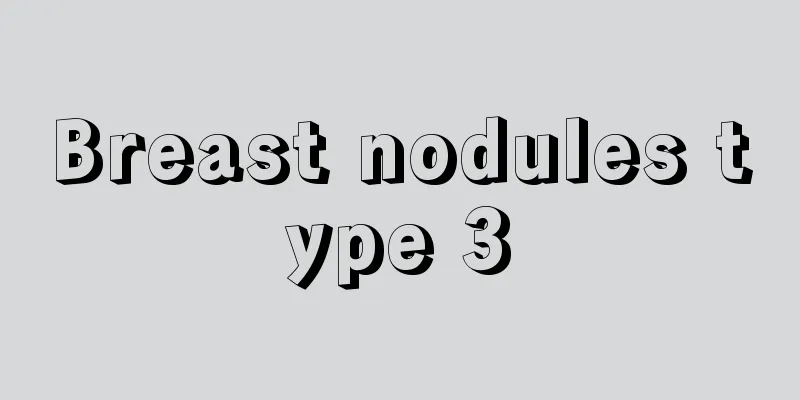Can women get pregnant during their menstrual period?

|
Many people say that they will not get pregnant during the menstrual period. This period is a safe period so no contraceptive measures are needed. However, some people still get pregnant at this time. This makes people very worried about not taking contraceptive measures and afraid of getting pregnant. If they do take contraceptive measures, it will be troublesome. Therefore, the topic of whether you can get pregnant during the menstrual period is of great concern to people. Let's take a look at whether you can have sex during menstruation? Will you get pregnant if you have sex during menstruation? 1. Will you get pregnant during your menstrual period? Although the possibility of pregnancy during menstruation is very small, the menstruation period is not necessarily a safe period. If you have sex during menstruation, you may become pregnant. This rare event usually happens when your menstrual cycle is very short. Because at this time, your ovulation time is closer to your menstrual period time. In this case, if your period lasts longer, ovulation will be closer to the end of your period, and your chances of getting pregnant during your period will be higher. Pregnancy occurs when an egg and a sperm meet in the fallopian tube. In a typical 28-day menstrual cycle, an egg matures in one of your two ovaries, usually in the middle of your period, between days 12 and 16. The ovary releases the mature egg into the abdomen, which is called ovulation, where the egg is quickly sucked into the fallopian tube by the tulip-shaped opening at the nearest end of the fallopian tube. After the egg is released from the ovary, it can survive in the fallopian tube for about 24 hours, so you can only get pregnant if sperm appears in the fallopian tube during this lucky period. If the egg is not fertilized, you will get your period about 14 days after ovulation. Normally, while you're having your period, another egg is developing and preparing to be released during this cycle. However, not all women's menstrual cycles are the same length. Many women have a menstrual cycle of about 28 days, while some have a cycle of only 22 days. If you have short cycles, ovulation may occur a few days after your period ends. Considering that sperm can survive in the fallopian tube for up to three days, it is theoretically possible that sperm could survive until you ovulate, making it possible for you to conceive shortly after your period. You may also mistake breakthrough bleeding (light bleeding between periods) for normal ovulation bleeding, in which case you may be bleeding during conception. If you experience bleeding between periods, be sure to see a doctor. 2. Female ovulation day The time it takes for an egg to mature in the ovary can vary, so your actual ovulation day may vary by a few days. Some ovulation predictor kits calculate your "fertile time" based on rising estrogen levels, which is more sensitive than measuring the peak in luteinizing hormone that actually causes an egg to be released. In this case, the "fertile time" in your cycle may seem to start a little early. |
<<: What is immune infertility? Gynecologists are here to answer!
>>: What are the benefits of using gonadotropin to treat polycystic ovary?
Recommend
If a child has tooth decay, should they treat it first or wait for their teeth to change?
Science expert: Wu Huiwen Unit: Foshan Rehabilita...
What should I do if my vagina has itching and odor? Keep these measures in mind
Some women will use some medicines casually when ...
Can hydatidiform mole metastasis to the lung be cured?
If a woman develops a hydatidiform mole during pr...
Clinical manifestations of pelvic adnexitis
I believe everyone knows the importance of the pe...
Streptococcal vaginitis
There are many types of diseases such as vaginiti...
Early pregnancy hcg value comparison table
There are many tests to be done during pregnancy....
What are the table tennis techniques? How to appreciate table tennis?
Table tennis matches are very enjoyable to watch,...
Which department treats uterine prolapse
If you don't know much about hospital departm...
Female left back rib pain
Some women feel that there is always pain under t...
What to do if you have nipple pain during late pregnancy
Some pregnant women experience headaches in the l...
My stomach hurts
If you have stomachache during intercourse, the f...
It hurts to urinate after the first time.
An indispensable and beautiful part of life is se...
Can I get pregnant if I have sex two months after giving birth?
Most couples of childbearing age want to resume n...
How to care for episiotomy and lacerations
Many pregnant women will encounter a problem duri...
What are the types of emergency contraceptive pills?
There are many friends in life who may have an un...









